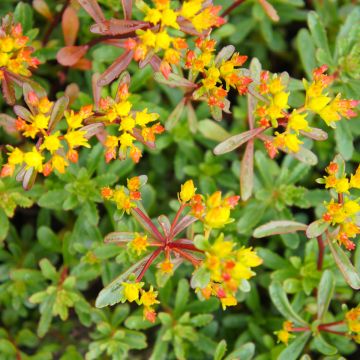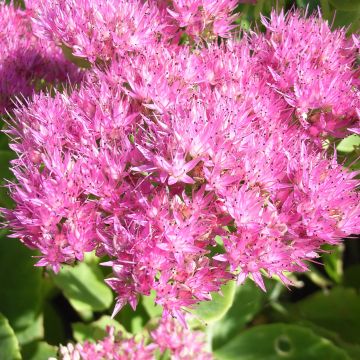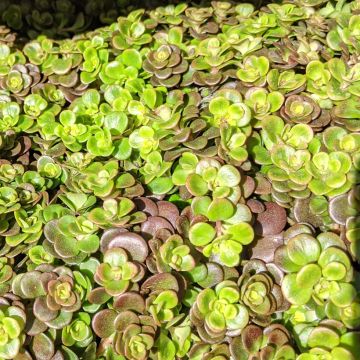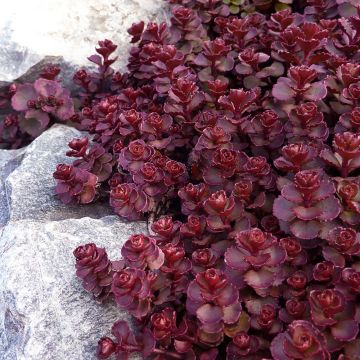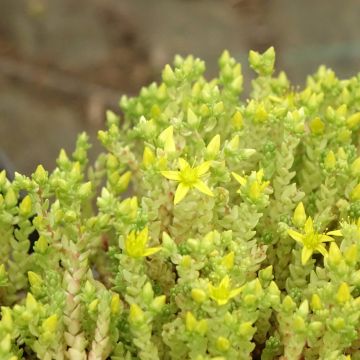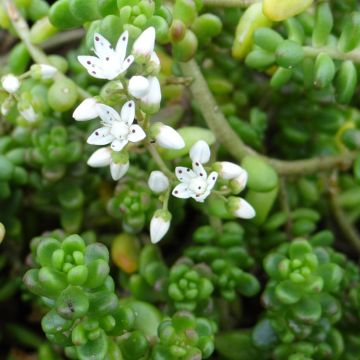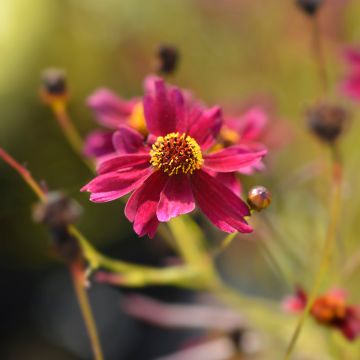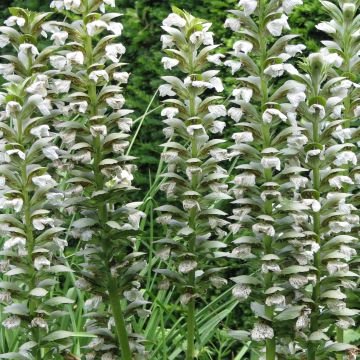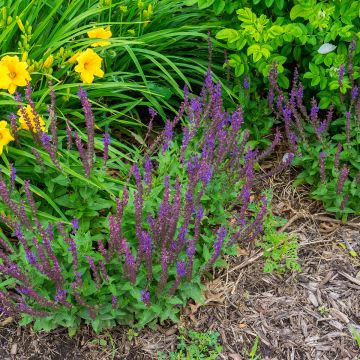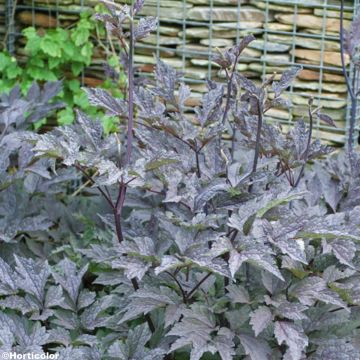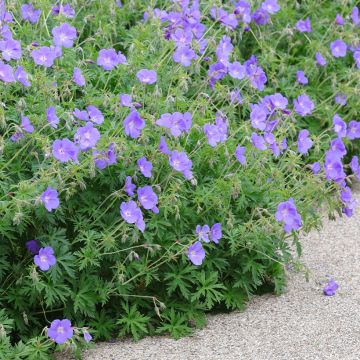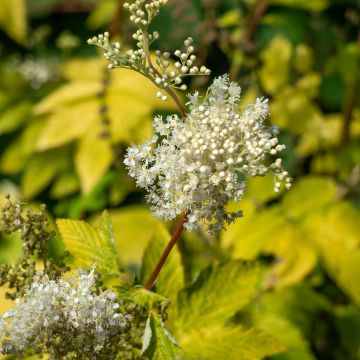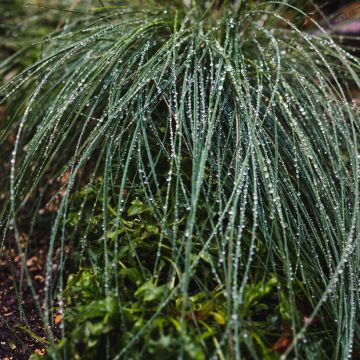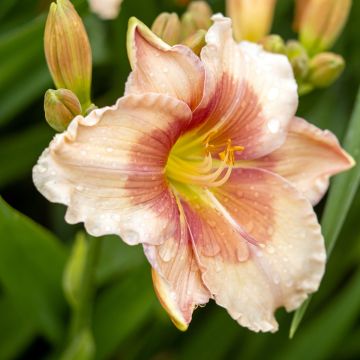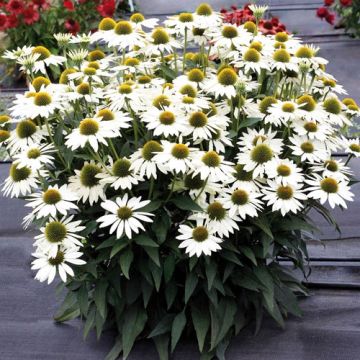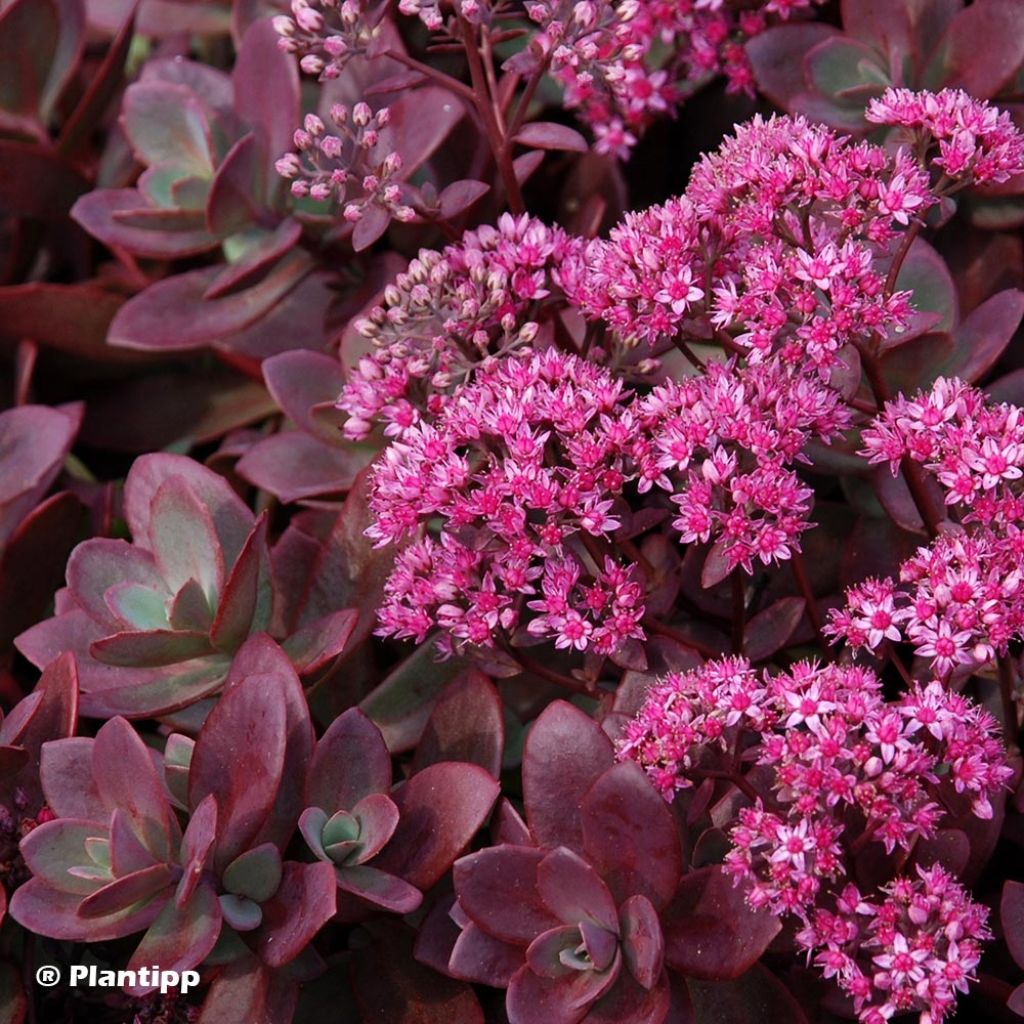

Sedum SUNSPARKLER® Firecracker - Orpin
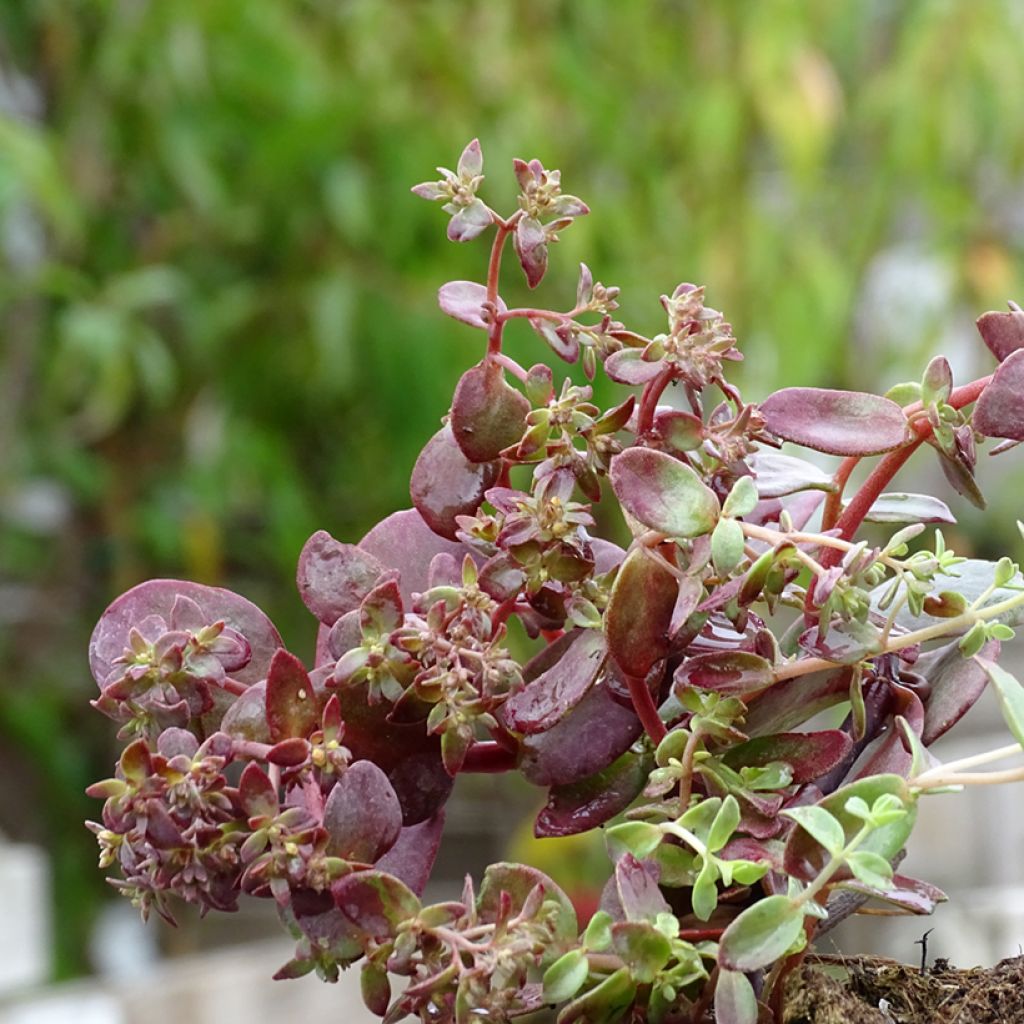

Sedum Sunsparkler Firecracker - Orpin
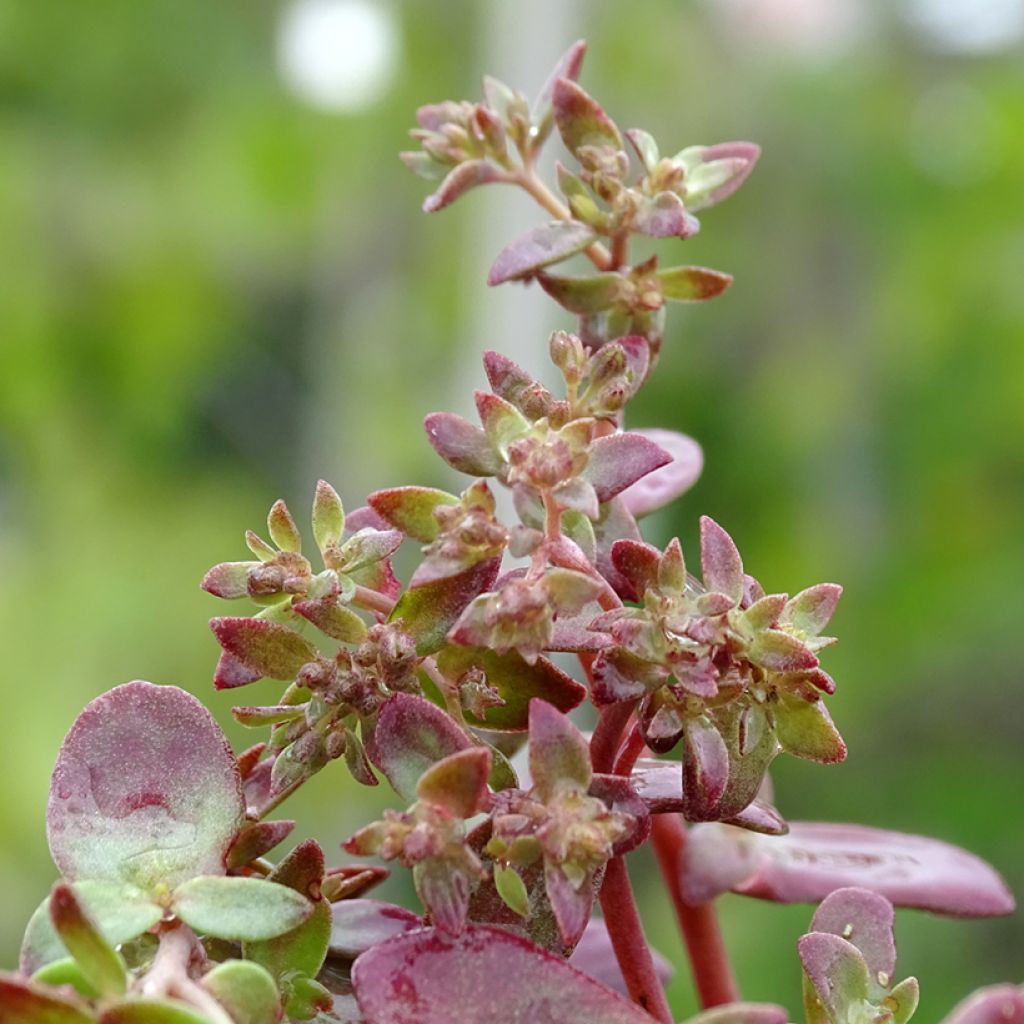

Sedum Sunsparkler Firecracker - Orpin
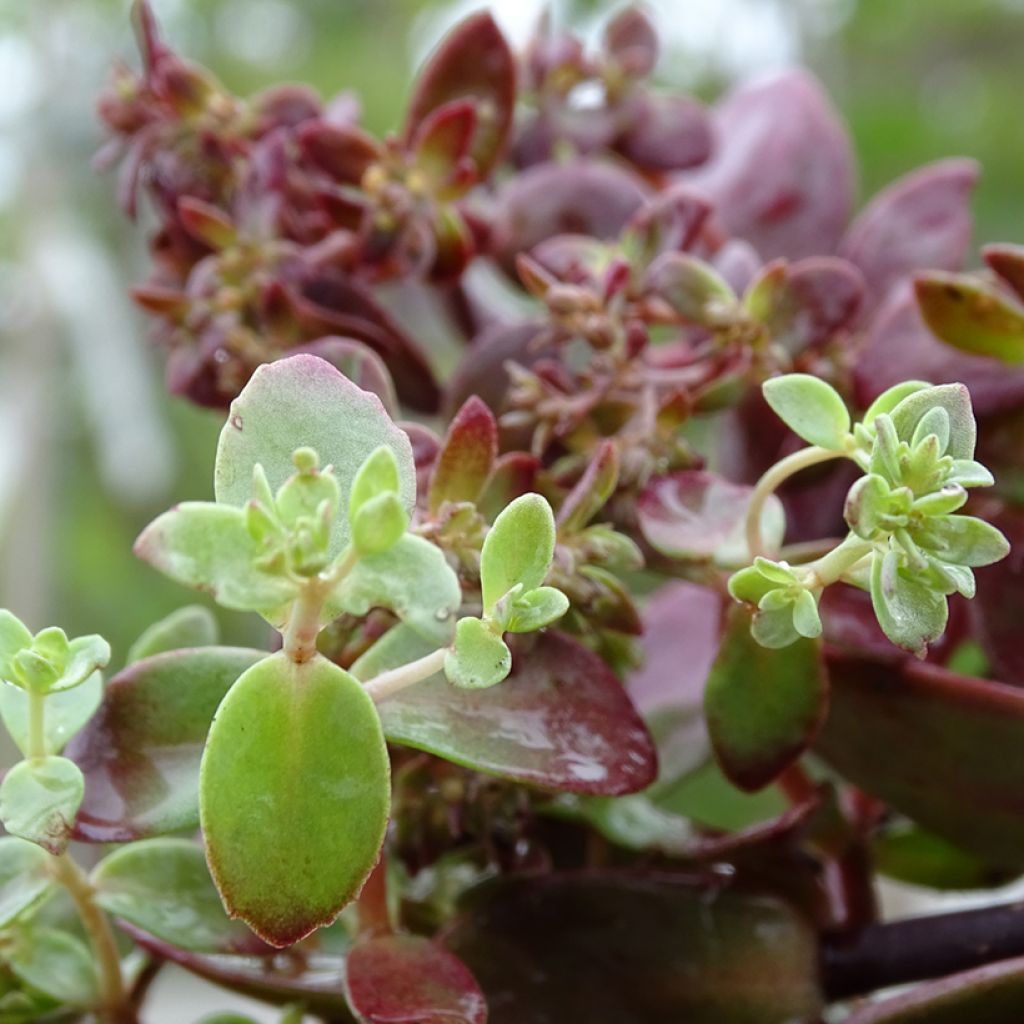

Sedum Sunsparkler Firecracker - Orpin
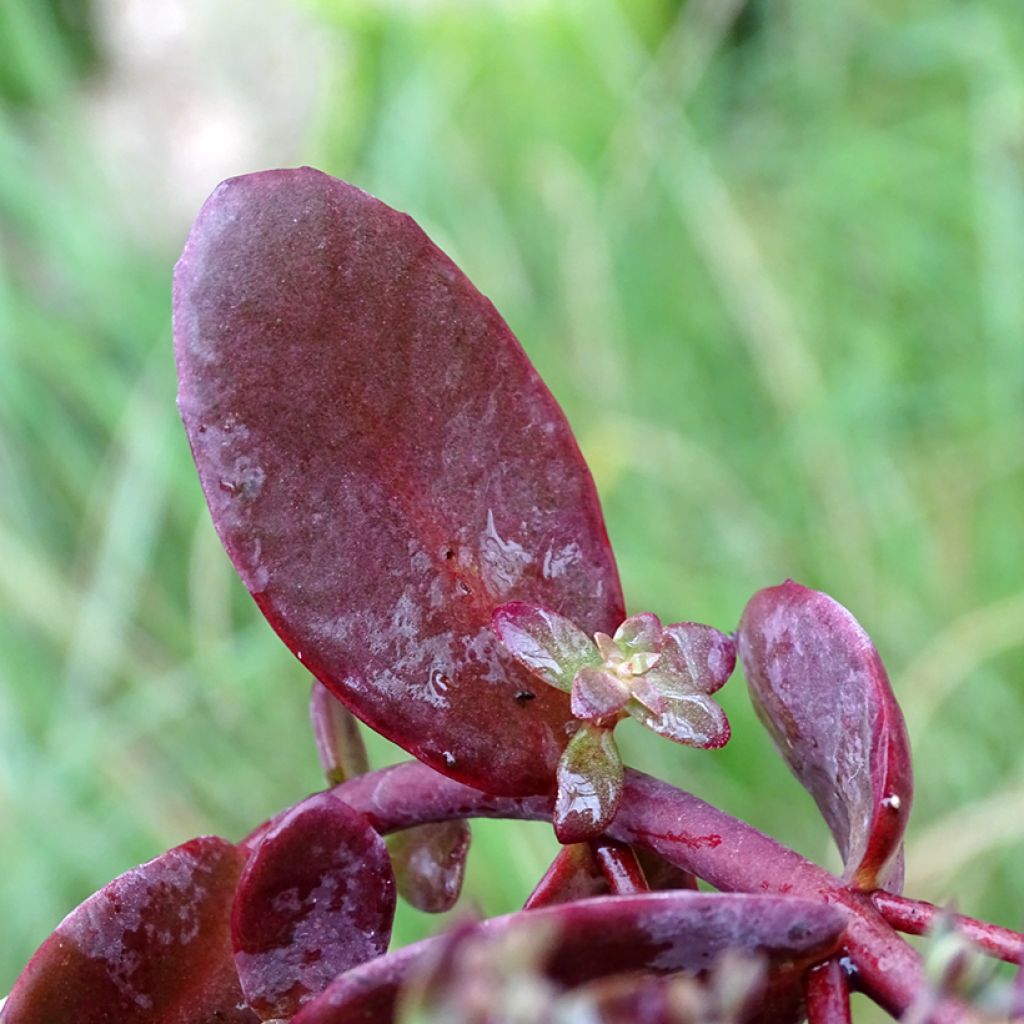

Sedum Sunsparkler Firecracker - Orpin
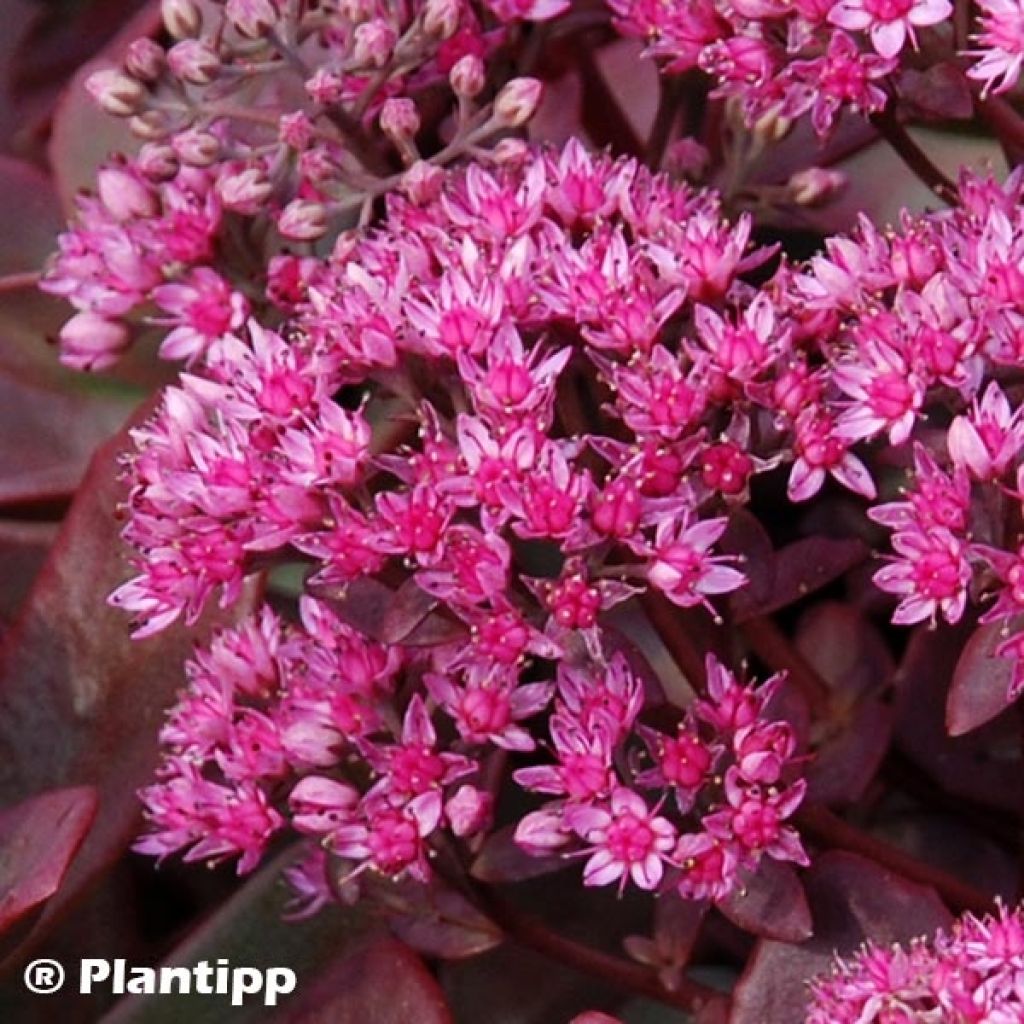

Sedum SUNSPARKLER® Firecracker - Orpin
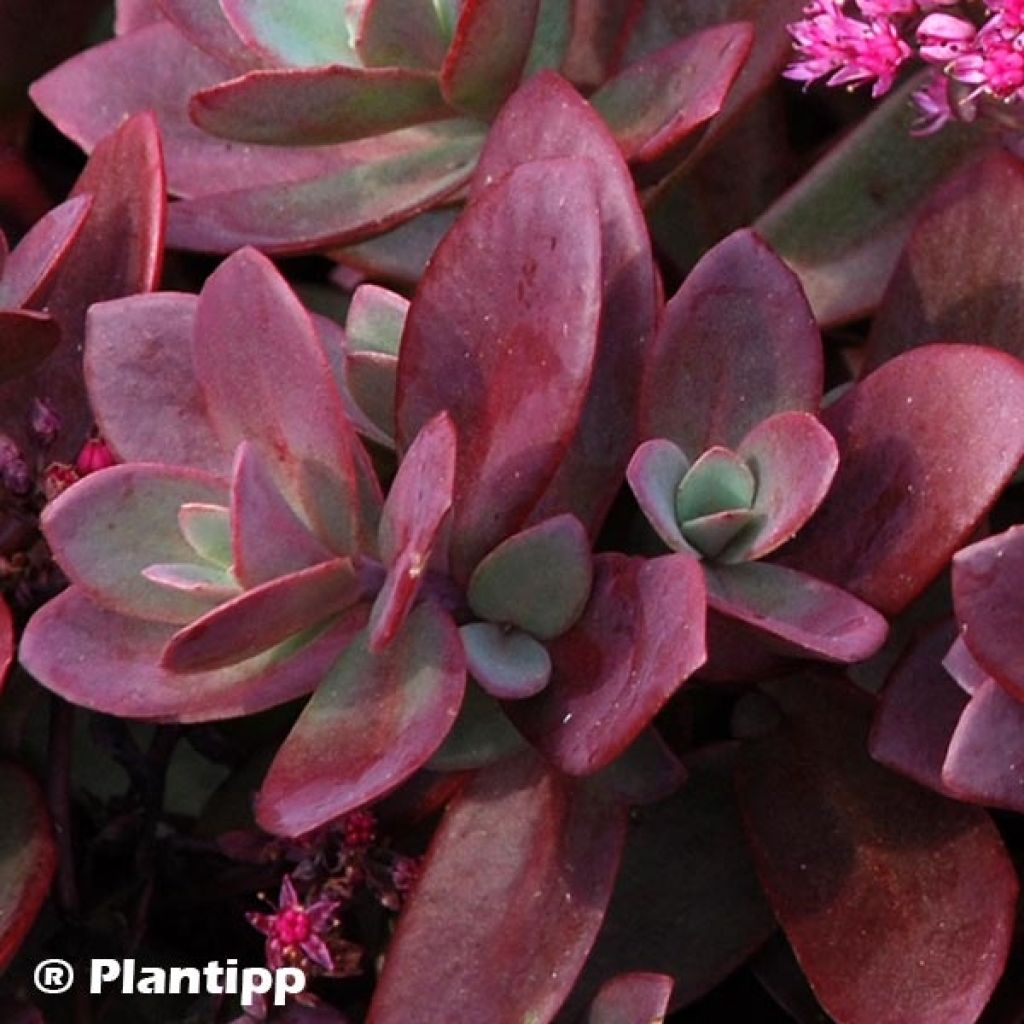

Sedum SUNSPARKLER® Firecracker - Orpin
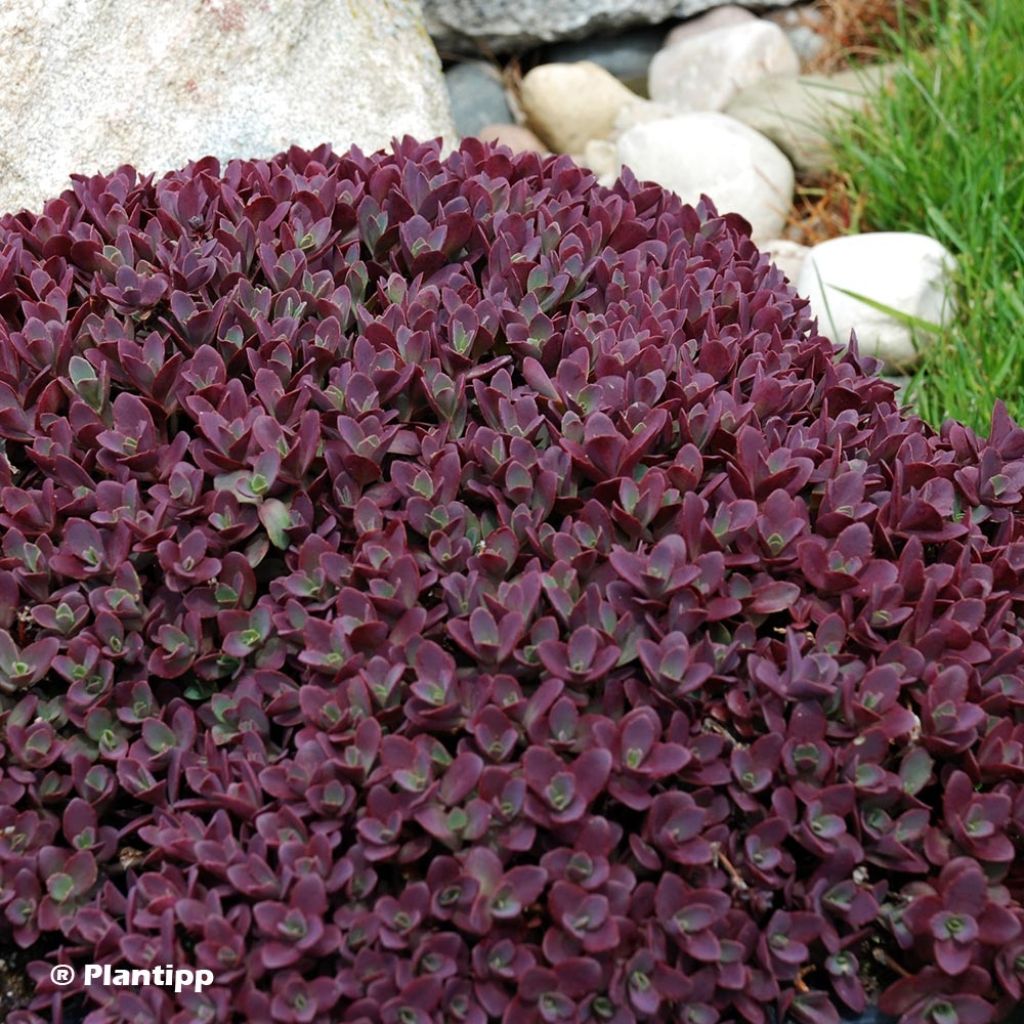

Sedum SUNSPARKLER® Firecracker - Orpin
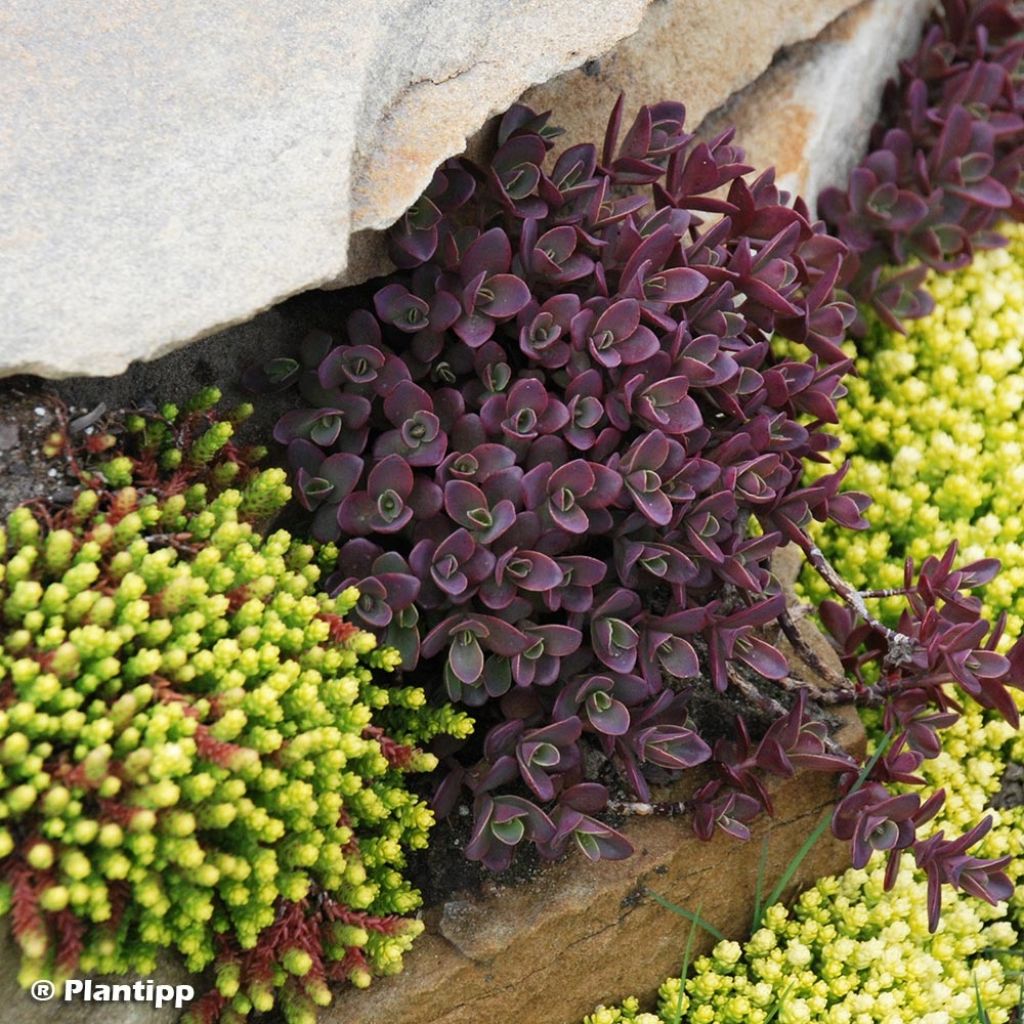

Sedum SUNSPARKLER® Firecracker - Orpin
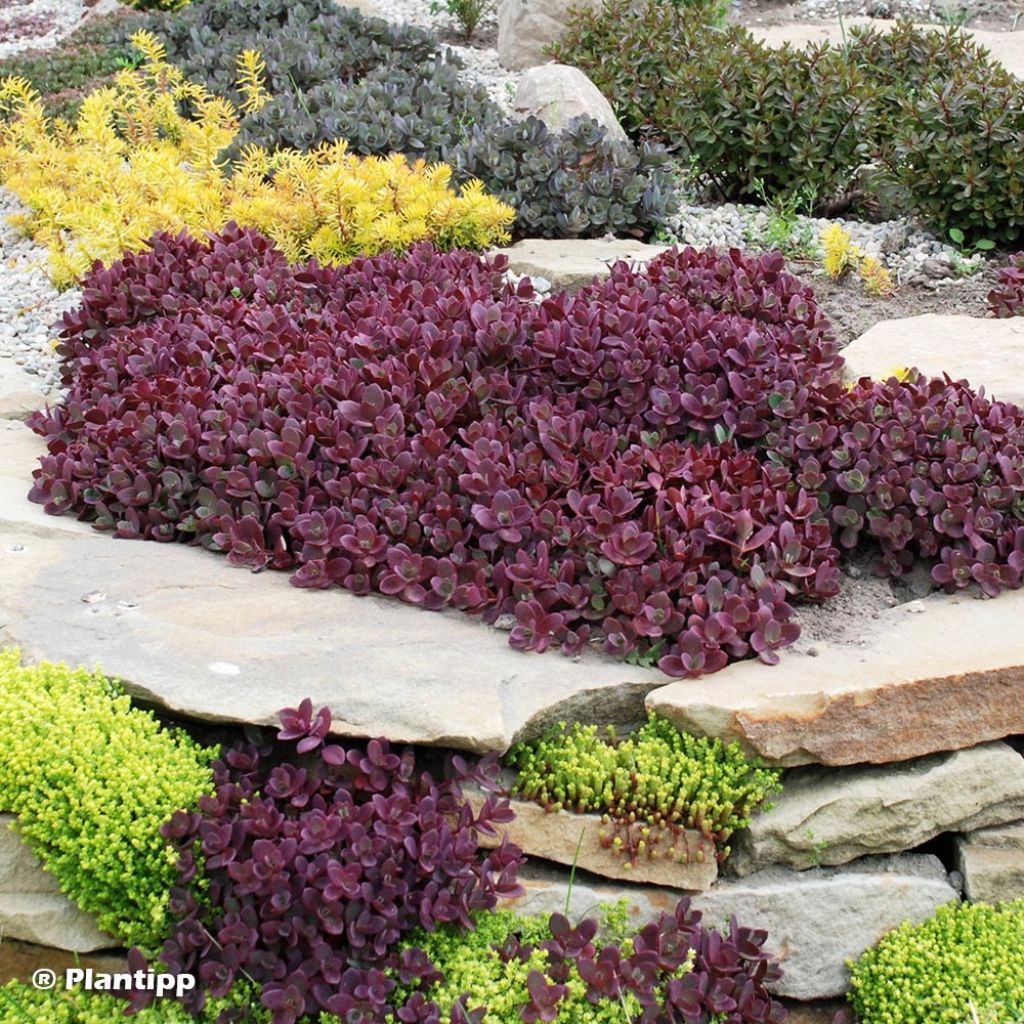

Sedum SUNSPARKLER® Firecracker - Orpin
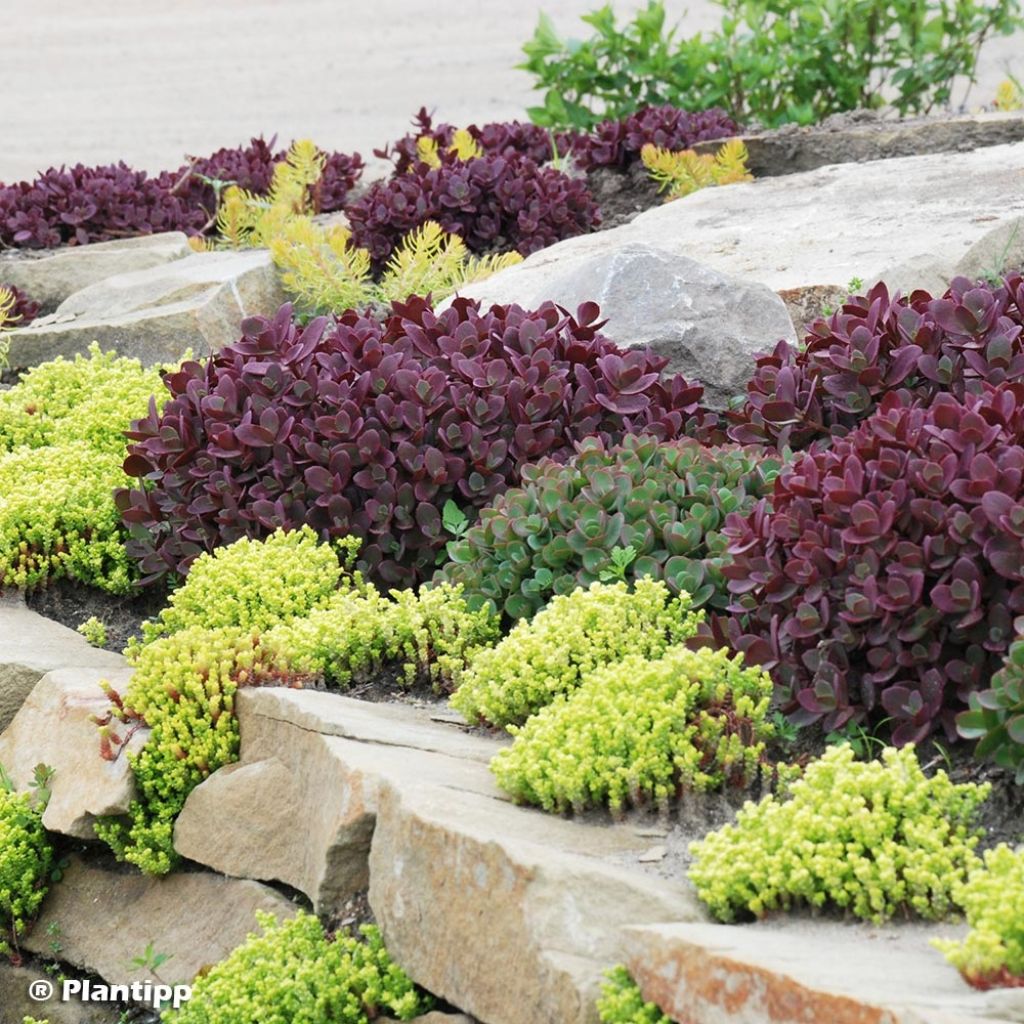

Sedum SUNSPARKLER® Firecracker - Orpin
Sedum SunSparkler Firecracker - Stonecrop
Sedum Sunsparkler® Firecracker
Stonecrop
This item cannot be shipped to the selected country
Delivery charge from €5.90
Delivery charge from €5.90
More information
Schedule delivery date,
and select date in basket
This plant carries a 12 months recovery warranty
More information
We guarantee the quality of our plants for a full growing cycle, and will replace at our expense any plant that fails to recover under normal climatic and planting conditions.
From €5.90 for pickup delivery and €6.90 for home delivery
Express home delivery from €8.90.
From €5.90 for pickup delivery and €6.90 for home delivery
Express home delivery from €8.90.
Does this plant fit my garden?
Set up your Plantfit profile →
Description
Sedum 'Firecracker' is a compact succulent with delicate round leaves that start off green and later turn purple. Its pink flowering in late summer is appreciated by pollinators. It forms a dense cushion that is equally suitable for rock gardens and container cultivation, and prefers dry to moist, well-drained soil in full sun.
'Firecracker' belongs to the SunSparkler hybrid series, which are recent American innovations with amazing foliage. Sedums, or stonecrops, belong to the Crassulaceae family, which includes many drought-tolerant succulent species. They offer numerous allies for the garden, with diverse shapes and colours. This variety stands out with its round and flattened foliage, which starts off green and then gradually darkens, becoming dark red and purple. A green shadow remains at the base of older leaves. The contrast with the dark red is highly decorative. Between August and October, 'Firecracker' produces short stems of pink flowers, adding a lovely touch to the whole. The blooms are popular with pollinators. The overall appearance is a compact, dense, round cushion, about 20cm (8in) tall and 30cm (12in) in diameter. The clump does not hollow out, unlike other varieties.
Place Sedum 'Firecracker' in full sun or very light shade (otherwise its stems will droop), in any well-drained, rocky soil that is not too acidic, where it will make a good ground cover. It is also very easy to grow in pots, taking care not to overwater and selecting a substrate that does not retain too much moisture. In late autumn, the stems and leaves completely disappear, and you can cut off the dry parts when spring arrives.
In a rock garden or dry border, you can plant it with Sedum sexangulare as ground cover, for a refreshing contrast with its tender green and yellow flowers. It also makes a good companion for other rock garden plants such as Alyssum montanum 'Berggold', Teucrium cossonii, savory, the grass Stipa tenuifolia, and perennial flax.
Report an error about the product description
Sedum SunSparkler Firecracker - Stonecrop in pictures
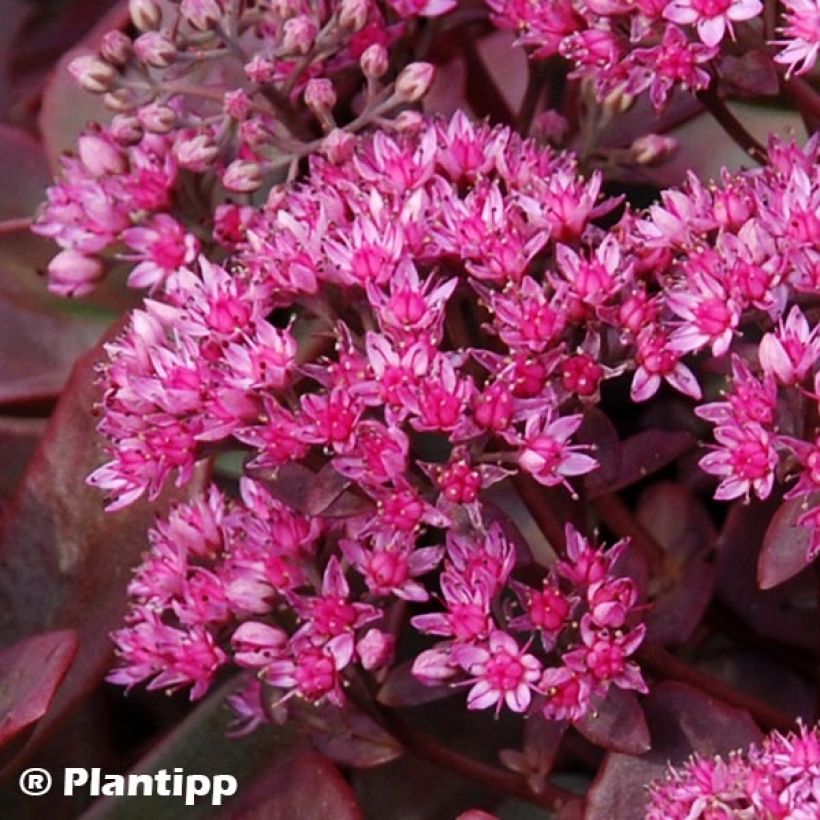

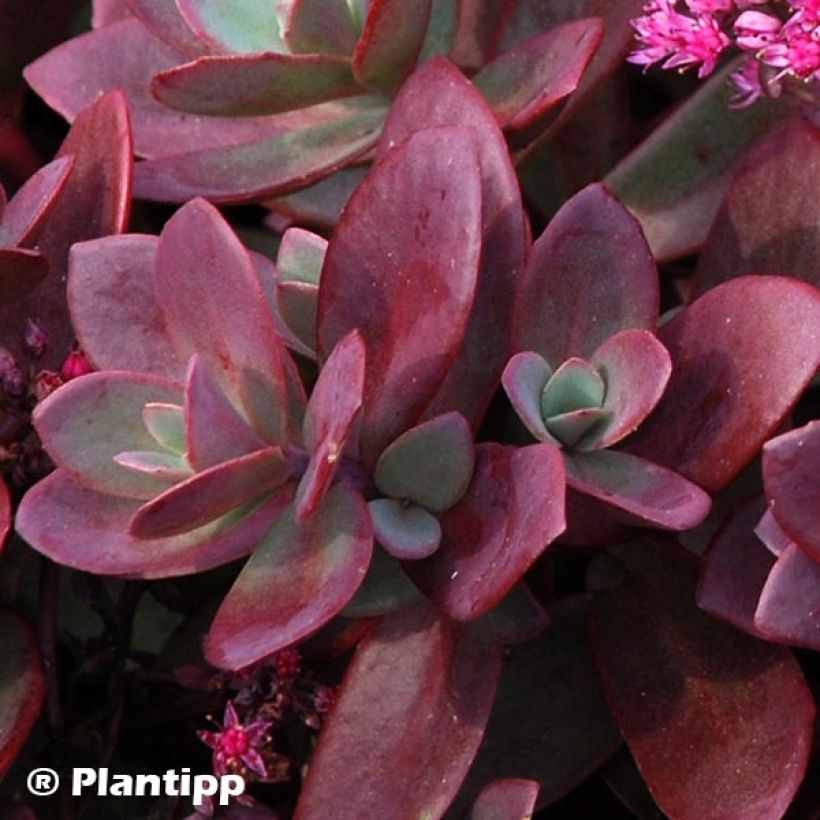

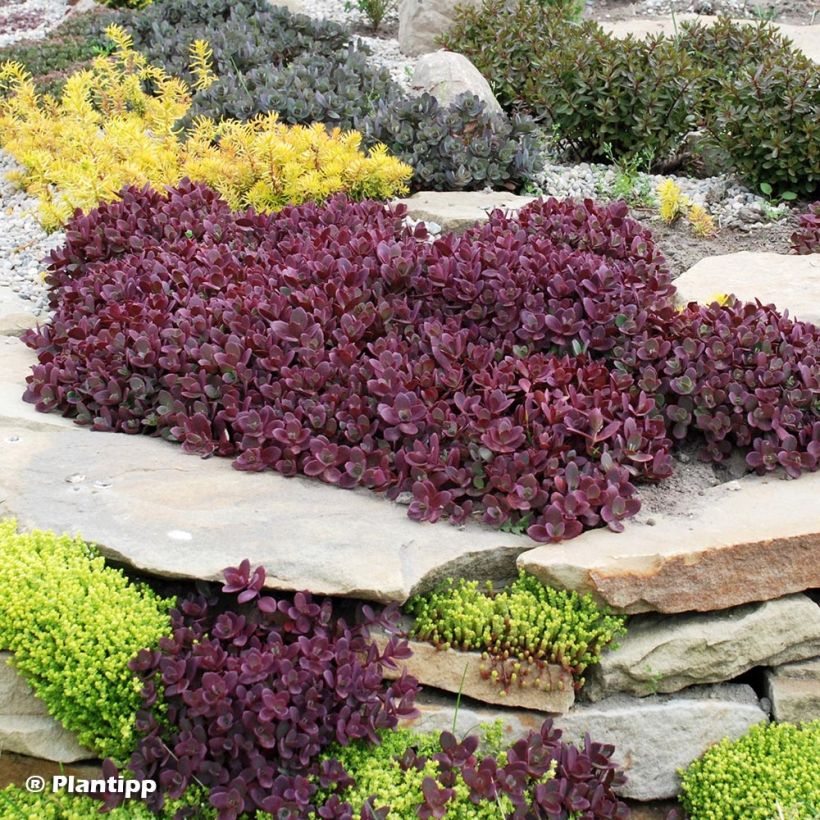

Flowering
Foliage
Plant habit
Botanical data
Sedum
Sunsparkler® Firecracker
Crassulaceae
Stonecrop
Cultivar or hybrid
Other Sedum
Planting and care
Plant Sedum 'Firecracker' in spring or autumn in a dry, even rocky, and sunny area. It tolerates limestone substrates. Add gravel to the planting hole if your soil is moist or likely to retain some moisture in winter. Take the same precautions if you want to place it in a container.
Prune the inflorescences at the end of flowering or in early spring, in March, if you prefer to keep the dried flowers on the stem for winter decoration. Beware of gastropods that attack the leaves. Divide the stump if your sedum starts to thin out in the centre (this could happen if planted in overly rich soil). This is usually required every 3-4 years, depending on its development.
Planting period
Intended location
Care
-
, onOrder confirmed
Reply from on Promesse de fleurs
Summer flowering perennials
Haven't found what you were looking for?
Hardiness is the lowest winter temperature a plant can endure without suffering serious damage or even dying. However, hardiness is affected by location (a sheltered area, such as a patio), protection (winter cover) and soil type (hardiness is improved by well-drained soil).

Photo Sharing Terms & Conditions
In order to encourage gardeners to interact and share their experiences, Promesse de fleurs offers various media enabling content to be uploaded onto its Site - in particular via the ‘Photo sharing’ module.
The User agrees to refrain from:
- Posting any content that is illegal, prejudicial, insulting, racist, inciteful to hatred, revisionist, contrary to public decency, that infringes on privacy or on the privacy rights of third parties, in particular the publicity rights of persons and goods, intellectual property rights, or the right to privacy.
- Submitting content on behalf of a third party;
- Impersonate the identity of a third party and/or publish any personal information about a third party;
In general, the User undertakes to refrain from any unethical behaviour.
All Content (in particular text, comments, files, images, photos, videos, creative works, etc.), which may be subject to property or intellectual property rights, image or other private rights, shall remain the property of the User, subject to the limited rights granted by the terms of the licence granted by Promesse de fleurs as stated below. Users are at liberty to publish or not to publish such Content on the Site, notably via the ‘Photo Sharing’ facility, and accept that this Content shall be made public and freely accessible, notably on the Internet.
Users further acknowledge, undertake to have ,and guarantee that they hold all necessary rights and permissions to publish such material on the Site, in particular with regard to the legislation in force pertaining to any privacy, property, intellectual property, image, or contractual rights, or rights of any other nature. By publishing such Content on the Site, Users acknowledge accepting full liability as publishers of the Content within the meaning of the law, and grant Promesse de fleurs, free of charge, an inclusive, worldwide licence for the said Content for the entire duration of its publication, including all reproduction, representation, up/downloading, displaying, performing, transmission, and storage rights.
Users also grant permission for their name to be linked to the Content and accept that this link may not always be made available.
By engaging in posting material, Users consent to their Content becoming automatically accessible on the Internet, in particular on other sites and/or blogs and/or web pages of the Promesse de fleurs site, including in particular social pages and the Promesse de fleurs catalogue.
Users may secure the removal of entrusted content free of charge by issuing a simple request via our contact form.
The flowering period indicated on our website applies to countries and regions located in USDA zone 8 (France, the United Kingdom, Ireland, the Netherlands, etc.)
It will vary according to where you live:
- In zones 9 to 10 (Italy, Spain, Greece, etc.), flowering will occur about 2 to 4 weeks earlier.
- In zones 6 to 7 (Germany, Poland, Slovenia, and lower mountainous regions), flowering will be delayed by 2 to 3 weeks.
- In zone 5 (Central Europe, Scandinavia), blooming will be delayed by 3 to 5 weeks.
In temperate climates, pruning of spring-flowering shrubs (forsythia, spireas, etc.) should be done just after flowering.
Pruning of summer-flowering shrubs (Indian Lilac, Perovskia, etc.) can be done in winter or spring.
In cold regions as well as with frost-sensitive plants, avoid pruning too early when severe frosts may still occur.
The planting period indicated on our website applies to countries and regions located in USDA zone 8 (France, United Kingdom, Ireland, Netherlands).
It will vary according to where you live:
- In Mediterranean zones (Marseille, Madrid, Milan, etc.), autumn and winter are the best planting periods.
- In continental zones (Strasbourg, Munich, Vienna, etc.), delay planting by 2 to 3 weeks in spring and bring it forward by 2 to 4 weeks in autumn.
- In mountainous regions (the Alps, Pyrenees, Carpathians, etc.), it is best to plant in late spring (May-June) or late summer (August-September).
The harvesting period indicated on our website applies to countries and regions in USDA zone 8 (France, England, Ireland, the Netherlands).
In colder areas (Scandinavia, Poland, Austria...) fruit and vegetable harvests are likely to be delayed by 3-4 weeks.
In warmer areas (Italy, Spain, Greece, etc.), harvesting will probably take place earlier, depending on weather conditions.
The sowing periods indicated on our website apply to countries and regions within USDA Zone 8 (France, UK, Ireland, Netherlands).
In colder areas (Scandinavia, Poland, Austria...), delay any outdoor sowing by 3-4 weeks, or sow under glass.
In warmer climes (Italy, Spain, Greece, etc.), bring outdoor sowing forward by a few weeks.



































